Uzbekistan continues to cover over 50% of Afghanistan’s electricity imports
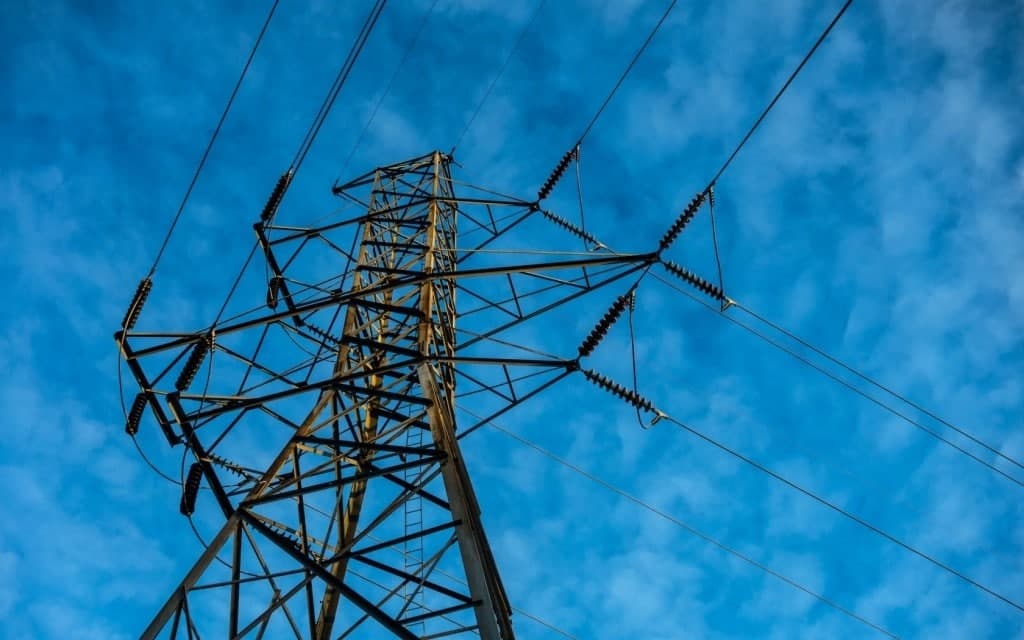
Photo: Depositphotos
Uzbekistan, as the closest neighbor, opposes the isolation of Afghanistan. The authorities also ensure the functioning of the Uzbek-Afghan transport hub, through which about 50% of Afghan imports – food, medicine and oil products – go in transit. This to some extent relieves the acuteness of the socio-economic and humanitarian crisis, but is not sufficient for long-term stabilization of the situation in the neighboring country, the First Deputy Director of the Institute for Strategic and Interregional Studies Akramjon Nematov stated about this, while speaking at an online conference on the topic: “New political reality in Afghanistan: prospects for cooperation between Uzbekistan and Japan”.
According to the institutional spokesman, the boycott of the Taliban in the 1990s did not pay off. This, counterproductively, will lead to an aggravation of the socio-economic situation, a crisis of statehood, the spread of chaos throughout the country, and ultimately to a new round of a protracted civil war. All this will fall heavily on the shoulders of the ordinary Afghan people.
Reportedly, the experience of previous years and the current situation require maintaining a constructive dialogue with the new authorities of Afghanistan in order to create conditions that can transform the new government into a responsible legitimate political force striving to live in peace and harmony with neighbors and the international community.
It was noted that this format of interaction makes it possible to most effectively promote inter-Afghan reconciliation and promote the need for broad representation of all layers of Afghan society in the political process.
According to Nematov, it is advisable to pursue a constructive and consolidated policy towards Afghanistan, to mobilize the efforts of the international community to assist the Afghan people in overcoming the humanitarian crisis.
It is important to unfreeze Afghanistan’s international assets, which will be used for social needs, in particular, to pay the salaries of teachers, doctors, representatives of the social sphere, as well as indigent citizens of the country.
Today, Uzbekistan continues to cover more than 50% of Afghanistan’s electricity imports, thanks to which social facilities function there, and, despite the difficult situation, ensures the functioning of the Uzbek-Afghan transport hub, through which about 50% of Afghan imports – food, medicine and oil products – go in transit. This to some extent relieves the acuteness of the socio-economic and humanitarian crisis, but is not sufficient for long-term stabilization of the situation in the neighboring country.
In this regard, as the expert emphasized, “it is necessary to develop a long-term post-conflict strategy in relation to Afghanistan, which will create the necessary prerequisites for the formation of Afghanistan as a peaceful, stable and prosperous country, free from terrorism, wars and drugs”.
At the same time, the priority should be a more active involvement of Afghanistan in regional trade and economic ties, the implementation of large infrastructure and socially significant projects in this country, primarily in the areas of trade, transport, energy, agriculture and healthcare.
“In general, the stabilization of the situation in Afghanistan will create a very important precedent for the coordination of international efforts in solving regional security and development problems,” Akramjon Nematov concluded.
Related News
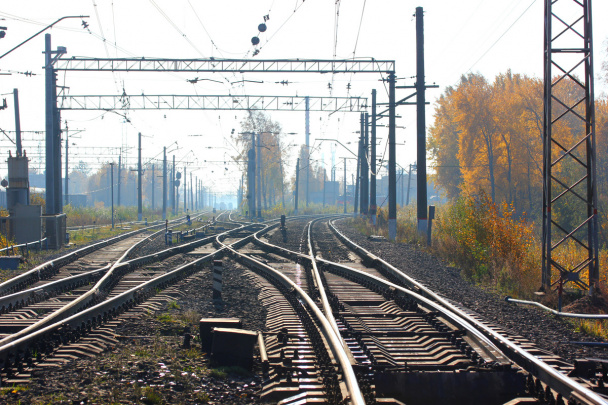
11:55 / 10.02.2026
Uzbekistan ratifies feasibility study agreement for Trans-Afghan railway
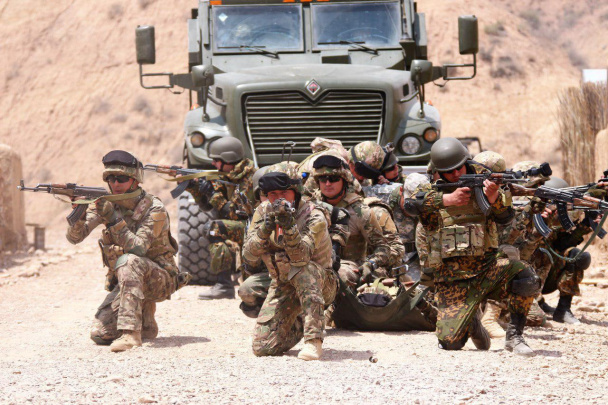
13:54 / 28.01.2026
Uzbekistan plans confidence-building military dialogue with Afghanistan
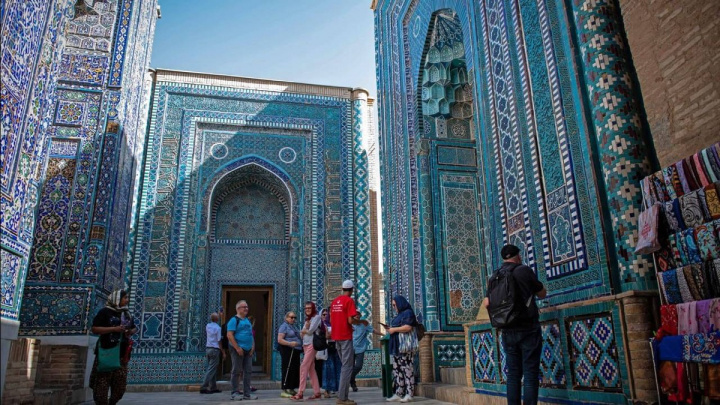
17:23 / 20.01.2026
Foreign tourist arrivals to Uzbekistan jump by nearly 47 percent in 2025
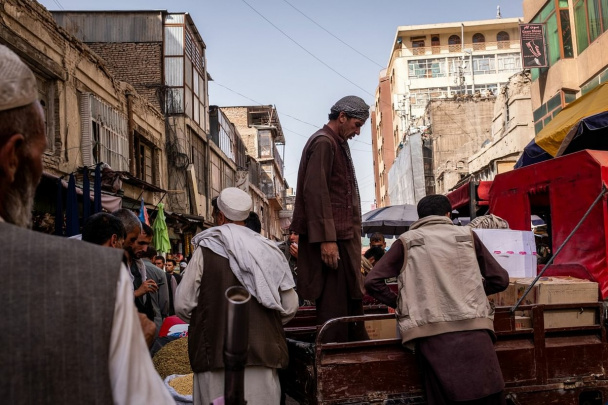
19:36 / 19.01.2026



